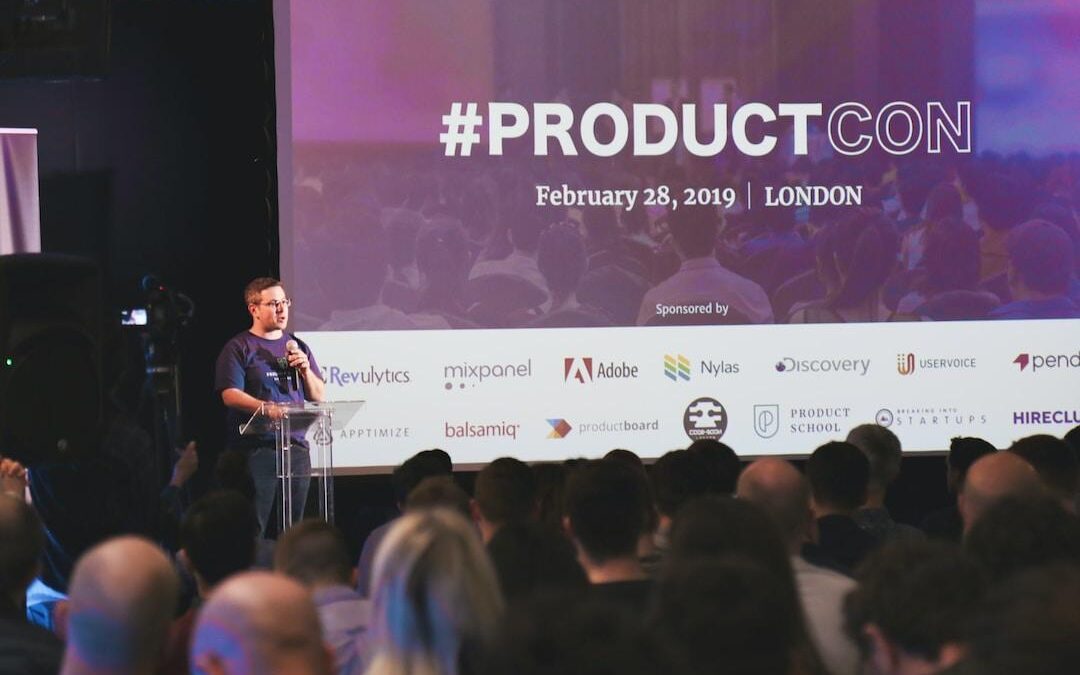In the ever-evolving world of business, corporate events have become a crucial part of an organization’s routine. These encounters open doors for networking, solidifying partnerships, or launching new products. We are here to guide you through the labyrinth of managing a safe and productive corporate event. Below, you’ll find a deep dive into the essential aspects of planning a successful corporate event.
Planning the Perfect Corporate Event
At the heart of every successful corporate event lies thorough planning. Being clear about your objectives facilitates the process of visualizing the event’s trajectory, optimizing available resources, and allocating roles and responsibilities accordingly.
It is important to be masterful in attention to detail while organizing the logistics, from the time schedules to the floor plan. A detailed plan acts as the backbone of the event, orchestrating smooth proceedings.
A valuable question to ask during planning is, “Who are our attendees?” The answer to this will sculpt the event around their interests, needs, and prerequisites—further boosting engagement and enriching the experience.
Lastly, contingency planning prepares you for unforeseen circumstances that may arise, ensuring a poised response that could save the event from acute disruption.
Strategies for Ensuring Safety at Your Corporate Event
Safety at corporate events should remain paramount. While planning, consider integrating safety measures to tackle potential risks. Employing reputable security services goes a long way in providing a sense of security and a deterrent to any potential disruptions.
Fire safety remains a critical aspect of any event’s safety strategies. With the right preparation, which includes fire extinguisher training— a service you might find at places like Fire Extinguisher Recharge Dallas—potential fire hazards can be curtailed effectively.
Health safety also becomes increasingly important considering the climate of global pandemics. Employing safety protocols such as strict adherence to hygiene rules, and provision of sanitation facilities can serve to keep everyone safe.
Ensure that the audience is aware of safety exit routes and emergency procedures. This information can be easily spread through information boards, event booklets, or electronic displays.
Choosing the Right Venue for Successful Corporate Events
The choice of venue can profoundly impact the ambiance, accessibility, and overall experience of a corporate event. Various factors come into play when selecting a venue like size, location, and amenities available.
Size matters. The capacity of the venue should accommodate attendees comfortably while adhering to any existing health safety distance guidelines.
The venue’s location has a significant bearing on the attendance numbers. Ensuring adequate transportation facilities and parking spaces enhances the convenience for attendees.
A spotlight on venues like an event space Saskatoon, which offers premium amenities and exceptional service, proves how the right venue can elevate the attendee’s experience to another level.
Catering Services and Dietary Restrictions for Corporate Events
The food at a corporate event often becomes a talking point among attendees. Thus, hiring a professional catering service guarantees quality food, diverse menu options, and hassle-free dining logistics.
Considering attendees’ dietary restrictions while planning the menu, whether they be allergies or lifestyle preferences—is crucial for inclusive catering.
It’s important to remember beverage catering—offering a variety of beverages from coffees, and teas to cocktails and wines. The inclusion not only boosts attendee satisfaction but could also foster networking during breaks.
Lastly, endeavor to reduce food waste. Clear communication with your catering service about expected attendance numbers contributes to optimal food preparation and less wastage.
Implementing Technology for Productive Corporate Events
In this digital age, corporate events have seamlessly adopted technology aiding in the diverse areas of attendee engagement, accessibility, and effective communication.
Interactive mobile applications for attendees can provide a platform for networking, schedule checking, and feedback submission. The data received from these apps also help organize better future events.
The inclusion of live-streaming technology vastly enhances the reach of the event, allowing those who can’t physically attend to still be part of the experience.
Overall, planning a safe and productive corporate event involves detailed logistics, a keen understanding of safety protocols, the selection of an accommodating venue, inclusive catering decisions, and the intelligent use of technology. So go forth, armed with these insights—and happy planning!

